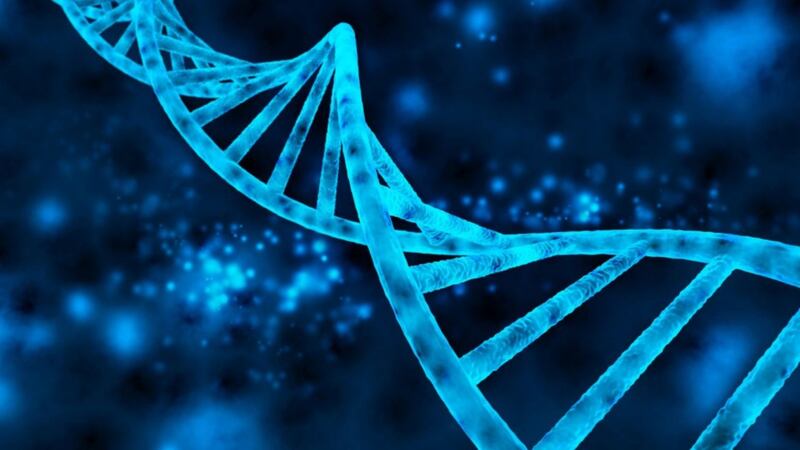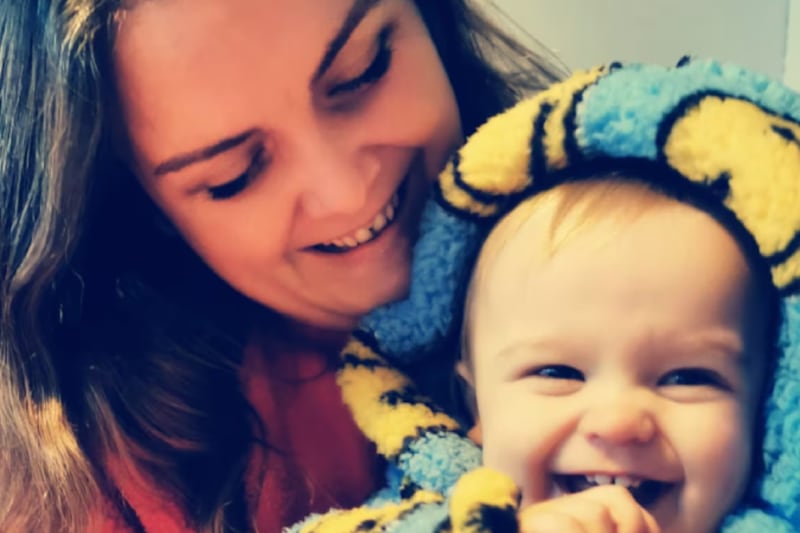More than two-thirds of cancer-causing cell mutations are simply due to random and unpredictable DNA copying “mistakes”, according to two US-based scientists.
In basic terms, their study controversially suggests that in 66% of the cases, the disease is likely to be a result of simply “bad luck” as opposed to other main contributors such as inherited genes and environmental or lifestyle factors such as smoking or obesity.
We have trillions of cells in our bodies that are constantly replicating cells to replace the ageing ones.
But each time DNA in these cells is copied, random mistakes will sometimes occur and researchers Cristian Tomasetti and Vert Vogelstein conclude while most of these mutations are harmless, a small percentage will promote cancer.
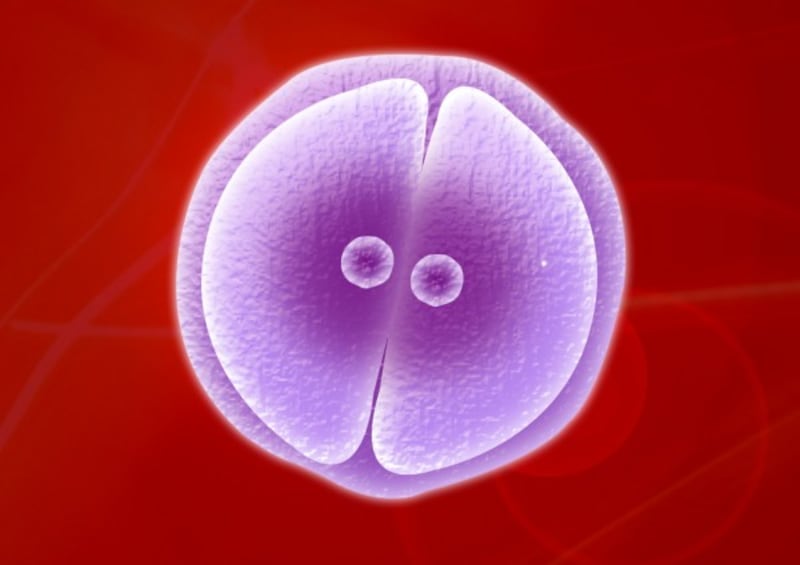
They go as far as to say that more than two-thirds of the time, cancer is a result of these copying errors, while 29% are due to lifestyle and environmental factors (such as smoking) and the remaining 5% are inherited.
The scientists used a mathematical model that analysed genome sequencing and epidemiological data for 32 types of cancer.
Looking at the data, they concluded the majority of the mutations were due to unavoidable DNA-replication mistakes in prostate, brain and bone cancer, adding that sometimes it can take three, four or more mutations to make a cell turn malignant.
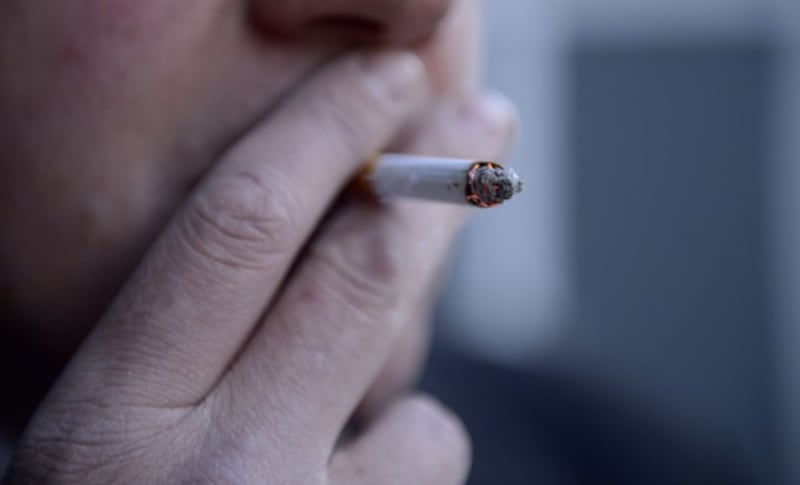
In lung cancer, they noted, 65% of all the mutations were due to environmental factors, mostly smoking, and 35% were a result of DNA copying errors.
The researchers compare DNA replication mistakes to human error typos caused by tiredness.
“You can reduce your chance of typographical errors by making sure you’re not drowsy while typing and that your keyboard isn’t missing some keys,” says Vogelstein.
“But typos will still occur because no-one can type perfectly. Similarly, mutations will occur, no matter what your environment is, but you can take steps to minimise those mutations by limiting your exposure to hazardous substances and unhealthy lifestyles.”
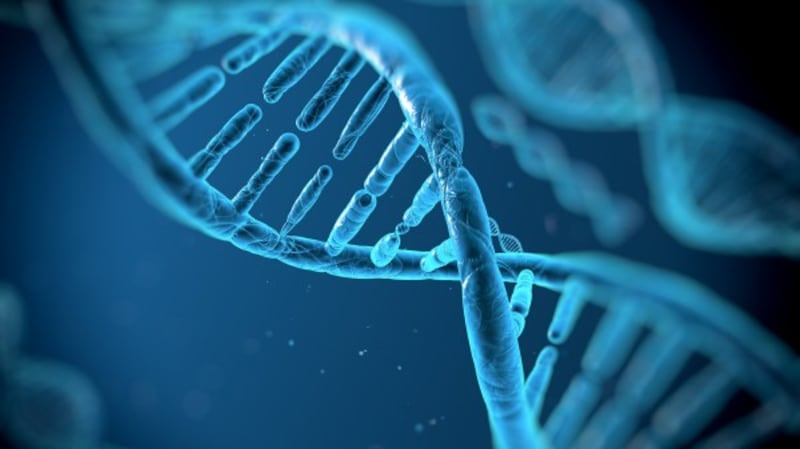
The new research builds on a 2015 study by the same scientists who highlighted the role of “bad luck” – a result of random DNA errors – in developing cancer.
That study was later criticised by many in the scientific community who were worried it would prompt people to take a fatalistic approach to the disease rather than trying to reduce risk by maintaining a healthy lifestyle.
The research is published in Science.
